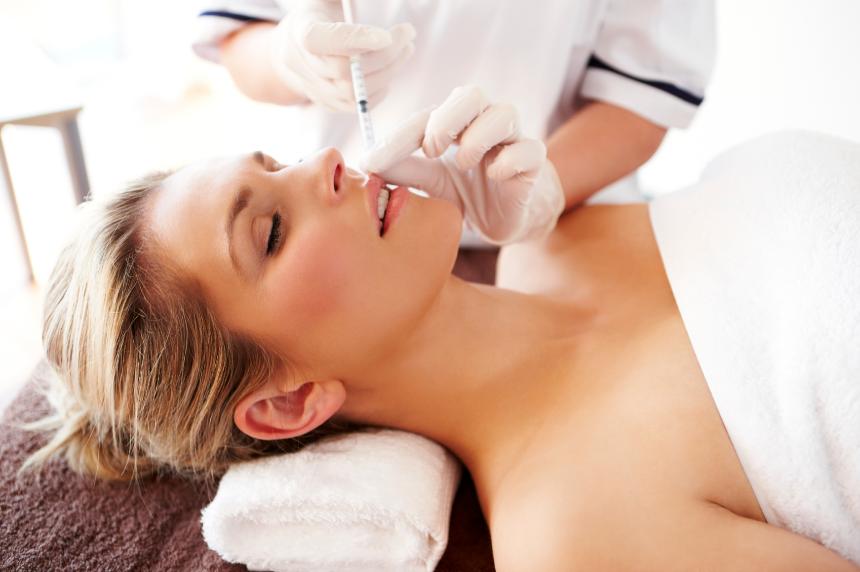
Lies That Can Harm Plastic Surgery Results
It is always important to tell everything to your plastic surgeon because leaving out even a few minor details can really hurt you. Some of these small aspects that you are lying or not telling about can do more damage than you think. Listed below are some examples of important information some patients miss telling their surgeons. Find out for further details on honolulu breast augmentation right here.
1. Smoking. Even though you are just the occasional smoker, in the medical field, you are still considered as a smoker. Nicotine is considered to be a vasoconstrictor, which means that nicotine in your body can cause your blood vessels to shrink and thus resisting blood flow. Aside from that, it can decrease the oxygen content in the blood stream and with the decrease in the amount of oxygen can also impair your body's natural healing abilities. This will cause break down issues which can cause scars on the area where you had work done. It is also important that during the procedure you have optimum blood floor to ensure your safety. If you honestly tell your surgeon that you smoke, they will recommend you to stop smoking for a minimum of one month before the procedure to at least take the nicotine out of your system. They will also advise you to refrain from smoking at least six weeks after the procedure to prevent any negative effects in your healing process. To gather more awesome ideas on honolulu breast augmentation, click here to get started.
2. The use of recreational drugs. Although it may be understandable that you don't want your surgeon to know that you have been using illegal or restricted drugs, it is important information you should always tell your doctor. During plastic surgery you will be under anesthesia medications to keep you asleep. These medications can cause severe reactions which can be life threatening like it can cause your blood pressure to rise which can cause a stroke or heart attack. In addition, there are medications you will need to take after the surgery and combining it with dangerous drugs can also have a drastic effect. Surgeons will advise you to stop taking these drugs weeks before the procedure and also weeks after to make the healing process safe.
3. Taking supplements and non-prescription medications. Just like recreational drugs, these supplements may also have a reaction with the drugs your surgeon will have you take before and after the procedure. It is important to let the surgeon know everything you are currently taking to make sure that these drugs won't react inside your body.